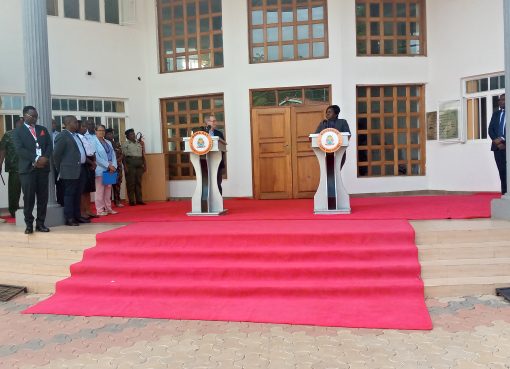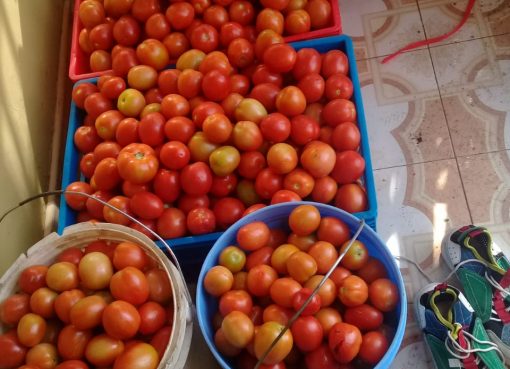The Swedish government has spent Sh.131.8million to improve agriculture activities in Trans Nzoia County.
Speaking on Monday during a forum to assess the Agriculture Sector Development Support Programme (ASDSP) activities at the governor’s boardroom, the Swedish Embassy technical team leader, Michael Segrros said that the programmes were meant to help farmers improve their livelihoods through increased production.
He said that the programme which started in 2012 has seen many farmers improve their livelihoods through the value chains championed by ASDSP.
The Swedish Embassy officials are in Kitale to assess the readiness for transition to ASDSP phase two after the completion of ASDSP 1 which majorly operated under the National government.
Some of the value chains championed by ASDSP, include dairy that is cow milk, maize and indigenous chicken.
The Trans Nzoia County Executive Committee (CEC) in charge of Agriculture, Mary Nzomo commended the Swedish government for their efforts in agriculture and confirmed that most farmers under the programme had their production increased.
“Maize farmers for instance have reduced post –harvest loses from 30% to 20% following capacity building in post -harvest handling,” she said.
According to the CEC, maize farmers can now write good proposals which have earned them grants and loans from partners.
“A CBO like Suwerwa has got a grant of Sh.5 million from Kenya Cereals Enhancement Project which has greatly boosted their production,” she said.
Nzomo told the officials that milk production has increased from an average of 4 litres per animal per day to 8 litres per animal per day.
“We have also recorded increased income at household level from indigenous chicken following Kenya support programme initiatives in the county,” she said.
She added, “today farmers receive weather alerts on their phones courtesy of participation scenario planning that was sponsored by ASDSP in Trans Nzoia,”.
The officials will make recommendations on the continuation of the programme in the region and communication will be done through the CEC agriculture.
By Pauline Ikanda



